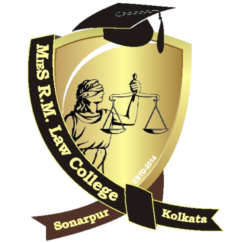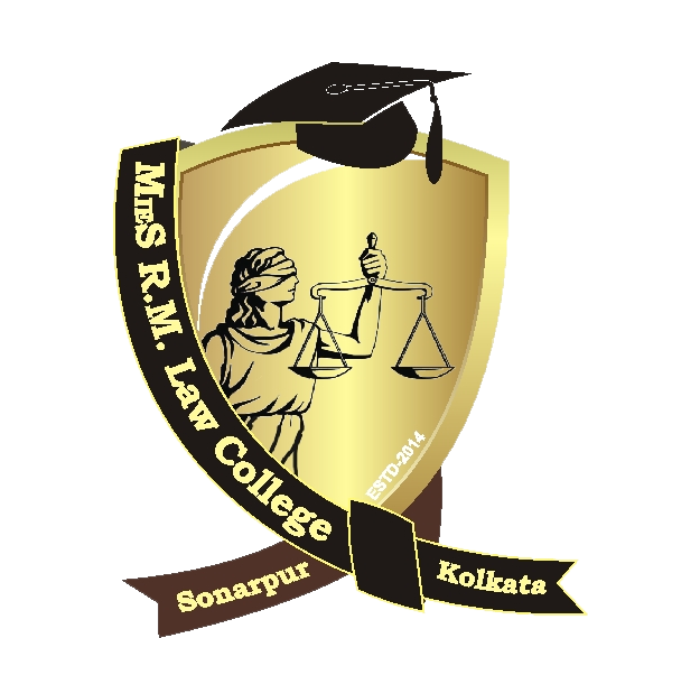Role of Judiciary Uniform Civil Code
A privilege to introduce a write up of ROLE OF JUDICIARY Uniform Civil code. From one of the top law colleges of LL.B degree course, MIES R M Law College, Kolkata. An informative article is been written by on the top faculty of this Topmost law college, Ms. Mahejabin Khatun. She had brilliantly described in this article about the role of judiciary uniform civil code. In such a way that will enhance and aware more to mankind. MIES R M Law College is one of the Top private law colleges of West Bengal. Situated at Sonarpur, South Kolkata. This law college is well equipped and has a special law department. Moreover, this college is also an adaptive modern law college.
Mohammad Ahmed Khan v. Shah Bano Begum, Supreme Court for the first time stated that government should make law under Article 44 for giving women equal status. The Court also held that Article 44 of the Constitution has remained a dead letter, Chief Justice of India Y. V.Chandrachud stated that- “A common civil code will help the cause of national integration by removing disparate loyalties to the law which have conflicting ideologies”. This case had created a lot of drift and confusion in the nation.
ROLE OF PERSONAL LAW
And for the political benefits and other reasons by keeping in mind the Parliament said that Supreme Court had just made an observation. Therefore, it is not binding on them to execute it. And moreover, there should be no interference with personal laws.
Thereafter in another case, Sarla Mudgal v. Union of India Supreme Court had issued guidelines to frame the Uniform Civil Code. Moreover, the Supreme Court opined that: “Those who preferred to remain in India after the partition fully knew that the Indian leaders did not believe in two-nation or three-nation theory. And that in the Indian Republic there was to be only one nation. And therefore, no community could claim to remain a separate entity on the basis of religion”.
In the case of Lily Thomas v. Union of India court said that it is listed under Part IV which cannot be enforced in any court of law. And moreover, the Supreme Court cannot compel to enforce the Directive Principles. The bone of contention is that Secularism is the center of the Common Civil Code. And therefore, Article 25 is the Fundamental Right. India being a secular state shall not discriminate on the basis of religion. As the state is concerned with all relationships of man whether tangible or intangible. In the case of S.R. Bommai v. Union of India, “religion is the matter of individual faith. And therefore, cannot be mixed with secular activities. Secular activities can be regulated by the State by enacting a law”.
Top of Form
Bottom of Form
Supreme Court in a PIL stated that the court has done its part by issuing guidelines and deciding various cases on the same. Therefore, now it is time for the Parliament to make law and take decisions on the matter.
Article 25 guarantees to every person have the freedom of conscience and their right to profess, practice, and propagate religion. But they have to consider
- public order,
- morality and
- health and
- to the other provisions of Part III the Constitution,
Article 25 also sanctions the State to regulate any economic, financial, political or other secular activity, which is associated with religious practice and provide for social welfare and reforms. Freedom of religion extends to acts done in pursuance of religion and, therefore, contains a guarantee for ritual and observations, ceremonies and modes of worship, which are the integral parts of religion. It does not oppose secularism or will not violate Article 25 and 26. Dr. B.R. Ambedkar while making the constitution put uniform civil code in the Directive Principle because he believed that after around 5-10 years uniform civil code could be implemented.
Top of Form
Bottom of Form in role of judiciary
The Hindu Women’s Right to Property Act of 1937, passing and formation of the B. N. Rau committee, determined the necessity of common Hindu laws. The committee came to the conclusion that it was time for a uniform civil code, equal rights to women should be given so that they could keep up with the change as the change is only constant. Similarly inThe Special Marriage Act, which was first enacted in 1872, needed amendment, Special Marriage (Amendment) Act, 1923 which permitted Hindus, Buddhists, Sikhs, and Jains to marry either under their personal law or under the act without renouncing their religion as well as retaining their succession rights, it would be unfair that in the secular country only Hindu law is codified. There is an urgent need for codification with all the tension and communism increasing every day.
UNIFORM CIVIL CODE BILL:
A Bill on Uniform Civil Code is completed. As soon as the optional portion id removed it would be ready to be implemented, it can be perceived that by taking such a drastic step there would be a lot of dissatisfied soul and protest but just because of fear of protest a bold step should not take a back seat. The Bill covers personal law with respect to marriage, divorce, minority, maintenance, guardianship, and succession. It would also repeal the Special Marriage Act, 1954. The law commission has also proposed consolidation of the Indian Divorce Act and the Indian Christian Marriage Act into one statute on the analogy of the Hindu Marriage Act and has also suggested certain reforms in the law. The government bypassing the Triple Talaq bill took a very strong step towards uniform civil code and should continue toward the same path.






After checking out a few of the articles on your site, I honestly like your technique of writing a blog. I saved as a favorite it to my bookmark webpage list and will be checking back in the near future. Please visit my web site as well and let me know how you feel. Joya Ewart Arturo
Your website is fantastic, I just found your website at Yahoo, I am interested to learn more. Hope it works out for me. Thank You. Kimmie Sargent Elianora
Pretty! This was an extremely wonderful post. Thank you for providing these details. Stevana Lammond Petigny
Teachers become mentors, helping students develop the skills necessary for self-directed, lifelong learning.